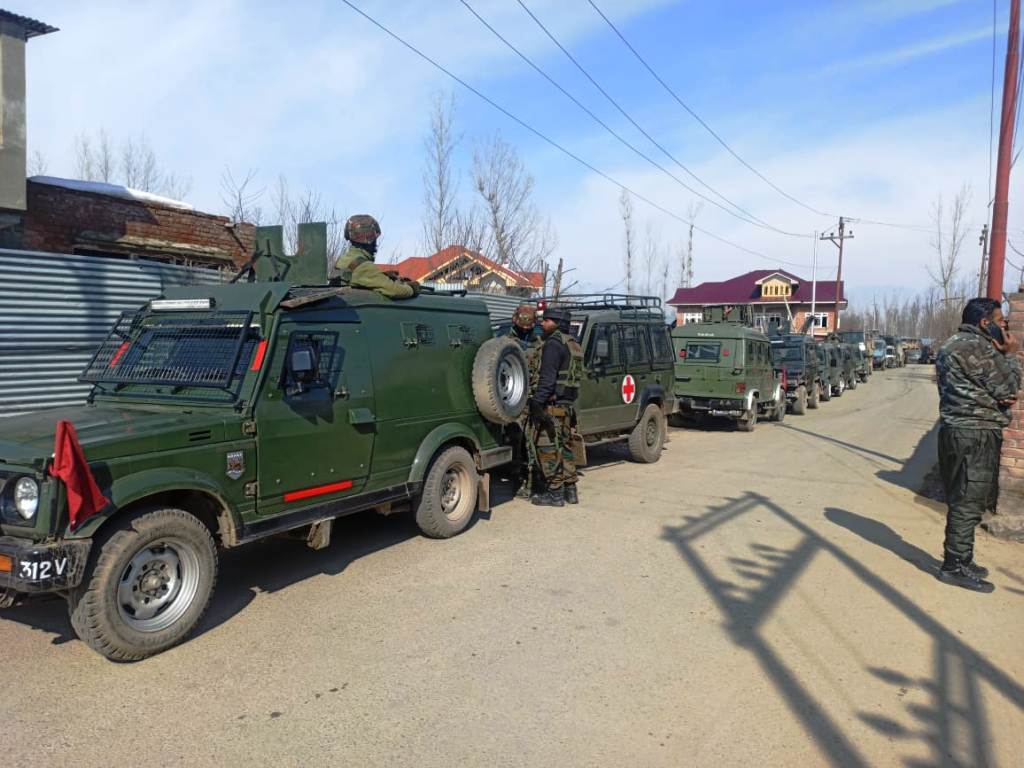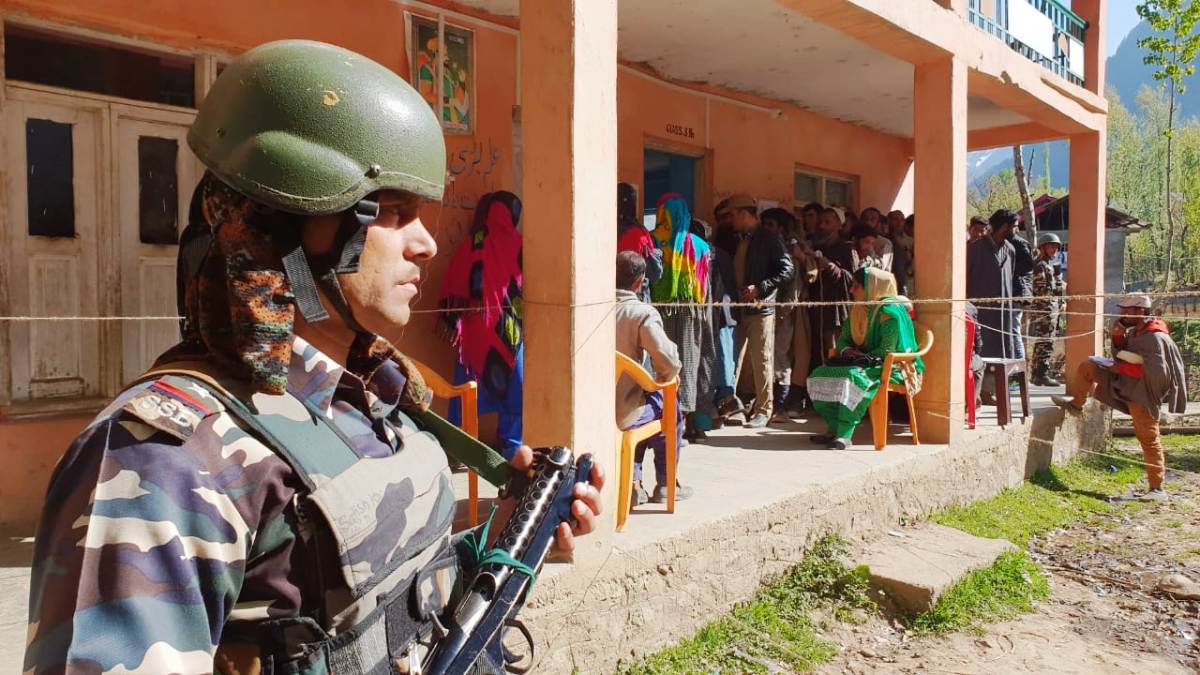by Aiman Fayaz
SRINAGAR: Kashmir is gripped by the harsh Chillai Kalaan season, prompting a notable shift in the business scene. Essential winter items, including charcoal, dominate the market, viewed almost as vital as sustenance for the people of Kashmir. The 40-day plunge into the intense cold during Chillai Kalaan sees the widespread adoption of Kangri, serving as a crucial saviour for countless middle-class Kashmiris combating the biting winter chill.
The Kangri’s fire pot is loaded with a blend of various coals, a process commencing as early as October. Kashmiris prepare this coal by burning tree branches, resulting in the commonly known Baathe Cxnnie, a coal type crafted from branches. This coal is then dispatched to large storage facilities in the city, where residents secure their winter supplies, ensuring an uninterrupted source of warmth during the harsh winter months.
Despite the presence of modern heating systems, persistent power cuts during winters lead Kashmiris to heavily rely on charcoal heaters in offices and educational institutions, while the humble Kangri becomes a household saviour, offering a dependable source of warmth.
Mohammad Akram, an experienced labourer devoted to the charcoal godown for over three decades, said, “In winter, one might overlook meals, but acquiring charcoal is non-negotiable. A Kangri is indispensable for survival in every Kashmiri home.” Akram stresses affordability, stating a kilogram of charcoal costs 25 Rupees. He highlights the early autumn rush for charcoal as a proactive measure in preparing Kashmiri households for the approaching winter.
Ensuring a Kangri remains warm for a solid 8 hours involves a three-step dance with different coals. Start with Baathe Cxennie, crafted from tree branches, creating a sturdy base for lasting heat. Adding another layer, “Panne Cxenne,” made from burned leaves, fills the fire pot further. The final step involves a layer of fodder, simplifying the lighting of the Kangri. This combination transforms the Kangri into a reliable heat source, efficient for battling the cold.
A bag of pun Cxenni, charcoal made from dried leaves and twigs, is priced between Rs 200 to 300. This season aims to produce 50 sacks, with the cost dependent on the duration the charcoal keeps a Kangri burning. Charcoal made from almond shells can maintain warmth in the earthen pot for up to two days.
The production process is demanding and time-consuming. Shanker, a 40-year-old dealer from UP with 22 years of experience in the Habba Kadal coal godown, reveals it takes days to prepare and store the charcoal before it reaches the market. However, this hard work brings challenges, with respiratory health problems and heat rashes being common reactions due to the heat and smoke generated from the fire.















